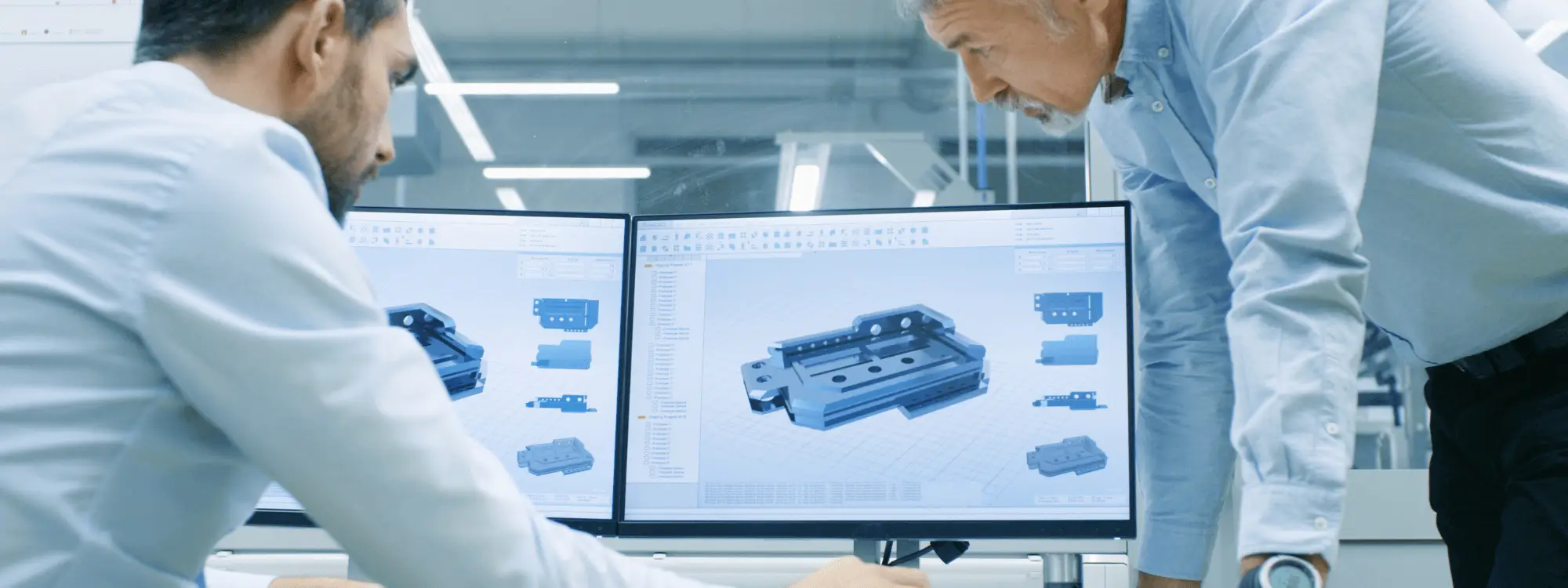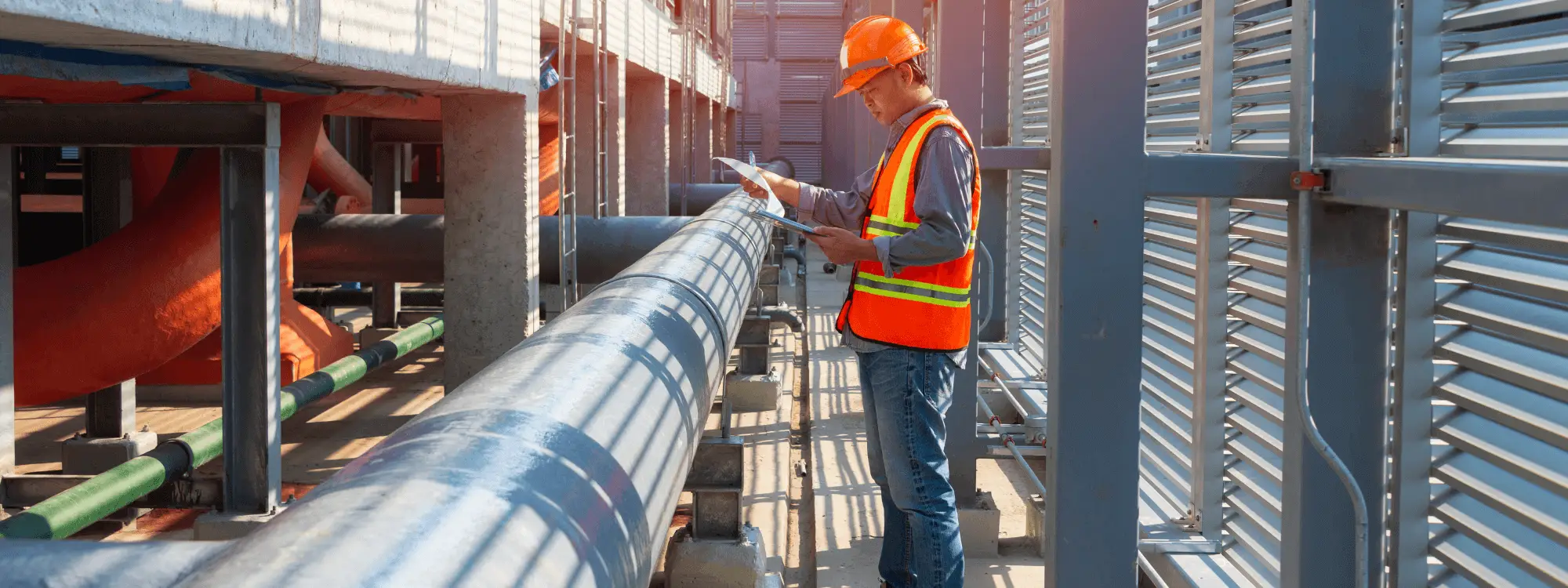
How to Advance Your Design Engineering Career
Design engineering is more than just a job—it’s where creativity meets functionality. To move forward in this dynamic field, you need clarity, commitment, and a clear plan. Here’s how you can fast-track your career with strategies that truly make a difference in engineering and design engineering jobs.
Specialise in What Sparks Your Interest
Want to stand out? Focus on an area that excites you. Whether it’s product innovation, structural design, or sustainable technology, becoming an expert in your chosen niche helps you stand out in the competitive world of engineering. Specialist skills aren’t just impressive, they’re invaluable for design engineering jobs.
Keep Learning and Stay Ahead
Design engineering evolves quickly. Stay on top by keeping up with the latest tools, trends, and engineering developments. Attend workshops, join webinars, and take professional development courses. This sharpens your technical expertise while showing employers that you’re committed to staying relevant.
Build a Portfolio That Stands Out
Your portfolio is often your first impression. Use it to showcase projects that highlight your creativity, problem-solving skills, and attention to detail. Make it clear not just what you’ve achieved, but how you can add value to future engineering roles and design engineering jobs.
Take on Challenging Projects
Growth comes from pushing yourself. Look for projects that test your skills, whether it’s complex design challenges or fast-paced delivery. Taking on challenge-heavy projects proves you’re ready to take on greater responsibility in engineering and design engineering jobs.
Strengthen Your Soft Skills
Technical know-how is essential, but it’s not the full picture. Communication, teamwork, and leadership are just as important. These skills can set you apart and prepare you for roles where influence and collaboration matter in engineering teams.
Build Your Network
In engineering, who you know can matter as much as what you know. Join professional associations, attend industry events, and take part in online communities. A strong network, as well as the guidance of a mentor, can open doors to new opportunities and high-impact design engineering jobs.
Invest in Further Qualifications
Adding new qualifications can give you a competitive edge. Depending on your career goals, consider:
- Master's in Design Engineering – build expertise in sustainable design or advanced product development.
- MBA in Design Management – combine technical ability with business leadership.
- Certified SolidWorks Professional (CSWP) – demonstrate advanced 3D modelling and analysis skills.
- Autodesk Certified Professional (ACP) – showcase your expertise in tools like AutoCAD and Revit.
- Chartered Engineer (CEng) – prove your professional standing across industry standards.
- LEED Accreditation – specialise in sustainable, green building design.
- Project Management certifications – strengthen your ability to lead teams and deliver under pressure.
These qualifications highlight both your technical knowledge and your dedication to growth in the competitive field of design engineering jobs.
Expert Insight
Lucie Spooner, Design Engineering Recruiter at Matchtech
“Employers seek professionals who combine technical proficiency with adaptability and a proactive mindset. Specialised skills and qualifications, coupled with a strong portfolio, demonstrate your readiness to excel in engineering and design engineering jobs.”
Ready to Make Your Move?
At Matchtech, we connect talent with the projects shaping the future. If you’re ready to take the next step, explore our current design engineering jobs or learn more about how we support engineering careers.



